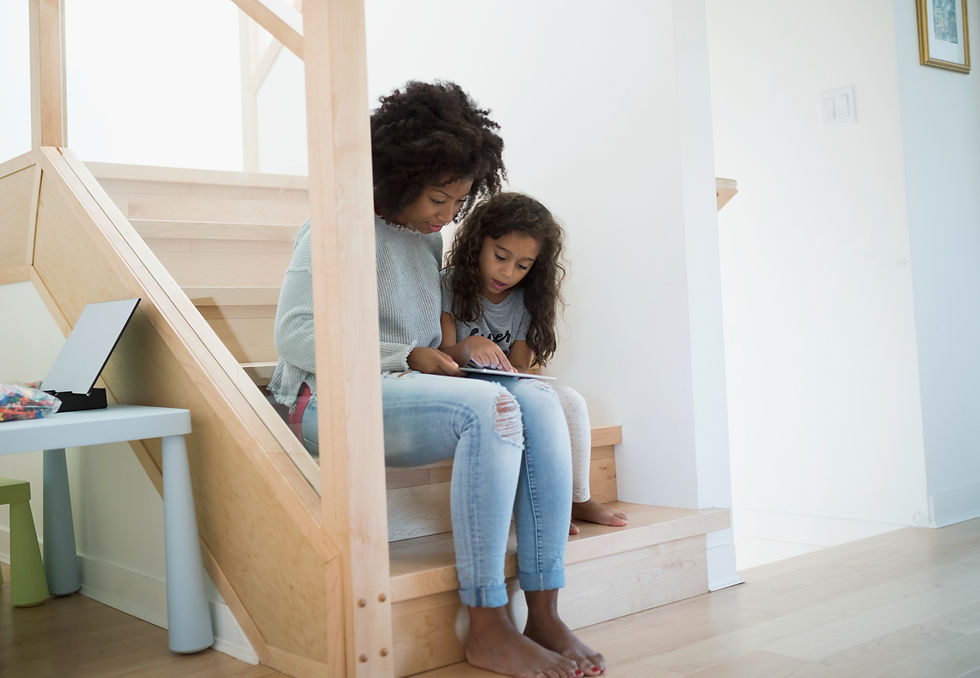Communicating About Events with Your Children: Shaping Understanding and Resilience
- Art of Raising Humans

- Jul 19, 2024
- 2 min read

In today's fast-paced world, children are exposed to a constant stream of information about events happening locally and globally. They might catch a piece of the news, overhear a conversation (even when it seems they're busy playing or on screens), a friend might say something, or an event may be mentioned at school or another place. Either way, we know children and teens are often more aware than we may realize. Communicating with your children about these events is crucial for several reasons:
1. Provides context and clarity
Children often hear snippets of information from various sources, which can lead to confusion or misunderstanding. By discussing events with them, you can provide accurate information and context, helping them make sense of what's happening.
2. Alleviates fears and anxieties
When children hear about troubling events, they may feel scared or anxious. Children's nervous systems are immature and struggle to handle the stressors that are coming their way. Open communication allows you to listen to and address their concerns, provide reassurance, and help them feel safe.
3. Develops critical thinking skills
Discussing events encourages children to ask questions, analyze information, and form their own opinions. This process is vital for developing critical thinking skills. Give them plenty of time and space to think through events.
4. Builds media literacy and encourages community engagement
Talking about current local and global events helps children understand how news is reported and the importance of identifying reliable sources of information. It also informs them about the community around them and their role in it.
5. Fosters empathy and global awareness
Conversations about events happening in different parts of the world can broaden children's perspectives and cultivate empathy for others.
6. Strengthens family bonds
Sharing thoughts and feelings about events can lead to meaningful family discussions and shared experiences. It also provides an opportunity to discuss family values and moral principles.

7. Prepares them for the future
Understanding current events helps children become informed citizens who are better prepared to navigate an increasingly complex world.
8. Builds resilience
By helping children process and understand challenging events, you're teaching them how to cope with difficult situations. It is through connecting with others, processing events and feelings, and having meaning that resilience is built.
When communicating about events, it's important to:
Consider the child's age and maturity level
Be honest but age-appropriate and gentle
Actively listen to their thoughts and feelings
Limit exposure to distressing news when necessary
Provide reassurance
Focus on positive actions and solutions where possible
Maintain routines
Empower children - help children know they can make a positive difference
By openly and thoughtfully communicating about events with your children, you're not only keeping them informed but also equipping them with the tools to understand and engage with the world around them!




Comments